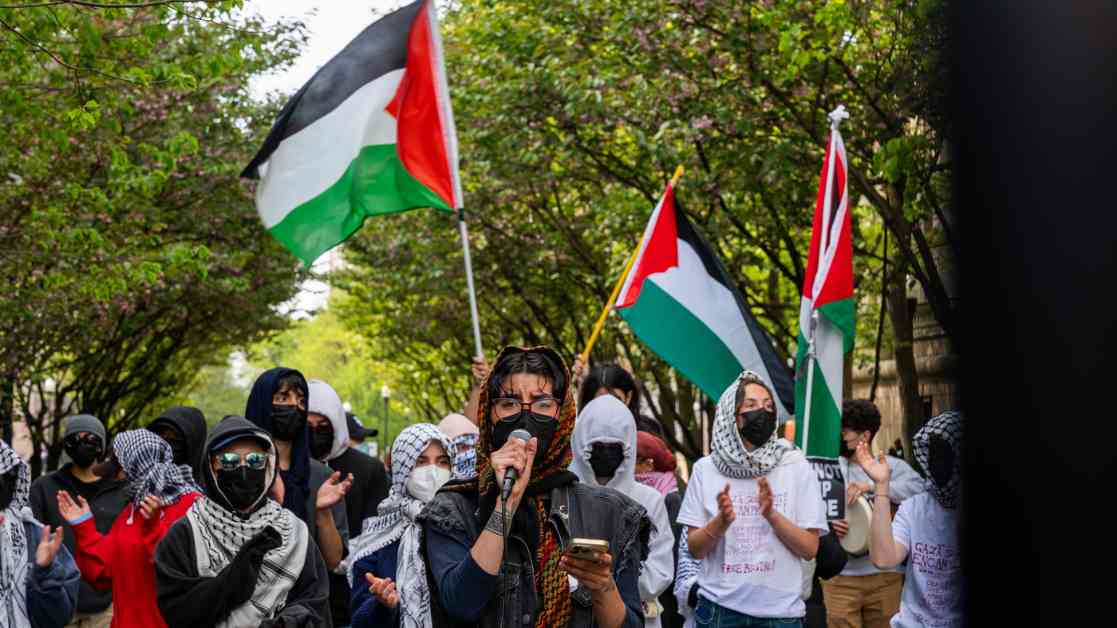In a time where tensions are running high on college campuses, the balance between campus security and free speech has become a crucial topic of discussion. Recent protests over Israel’s war in Gaza have sparked debates about how universities should handle demonstrations and ensure the safety of their students while upholding the principles of free speech.
The Importance of Free Speech on Campus
College campuses have long been considered hubs of free speech and intellectual debate. Students come to universities not only to receive an education but also to engage in discussions about important social and political issues. It is essential for universities to uphold the First Amendment rights of their students and allow them to express their opinions, even if those opinions are controversial or unpopular.
However, the right to free speech is not absolute, and there are certain limitations that universities must consider when it comes to ensuring the safety and well-being of their campus community. When protests turn violent or disruptive, it becomes necessary for universities to intervene and maintain order to prevent harm to individuals and property.
Challenges Faced by University Leaders
University leaders are facing increasing pressure to navigate the delicate balance between providing campus security and allowing for free speech. The events of the past year have highlighted the challenges that come with managing protests and demonstrations on campus, especially when they involve contentious issues such as the Israeli-Palestinian conflict.
One of the key challenges for university leaders is determining when it is appropriate to intervene in a protest or demonstration. While universities have a responsibility to protect the safety of their students and faculty, they must also be mindful of not infringing on the rights of individuals to express their opinions and engage in peaceful protest.
Lessons Learned from Past Protests
The protests that erupted across the U.S. over Israel’s war in Gaza have provided valuable lessons for university leaders on how to handle demonstrations in the future. Many universities have implemented new rules and guidelines to address the concerns raised by the protests and ensure that similar incidents do not occur in the future.
For example, some universities have established designated protest areas where students can gather and express their opinions in a safe and controlled environment. This allows universities to balance the need for campus security with the right to free speech, providing a space for students to engage in peaceful protest without disrupting the normal operations of the university.
The Role of Campus Security
Campus security plays a crucial role in ensuring the safety of students and faculty during protests and demonstrations. Security personnel are trained to de-escalate tense situations and intervene when necessary to prevent violence or property damage. However, it is important for universities to strike a balance between maintaining order and allowing for the peaceful expression of ideas.
In recent years, many universities have increased their investment in campus security and implemented new protocols for handling protests and demonstrations. This includes working closely with local law enforcement agencies to coordinate responses to potential threats and ensure the safety of the campus community.
Looking Ahead
As college students return to campuses for the fall semester, university leaders are bracing for the possibility of more protests and demonstrations. It is essential for universities to be proactive in addressing the challenges that come with balancing campus security and free speech, and to ensure that the rights of all individuals are respected.
By learning from past protests and implementing new policies and guidelines, universities can create an environment that allows for the free exchange of ideas while also maintaining the safety and security of their campus community. It is a delicate balance that requires careful consideration and collaboration between university leaders, students, and security personnel.

